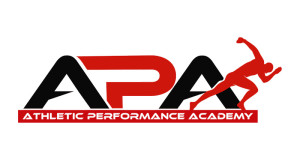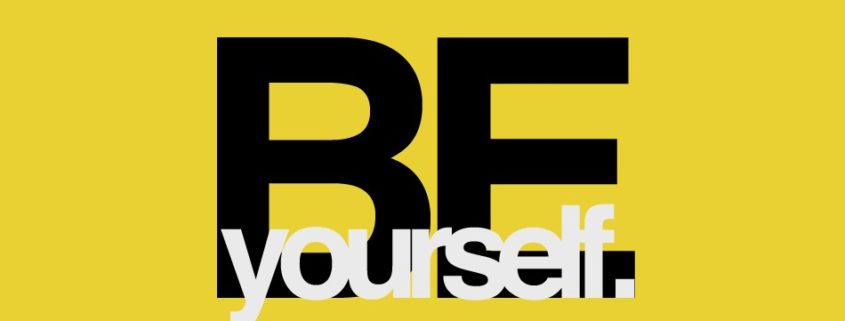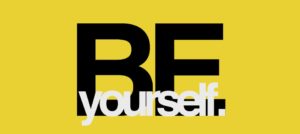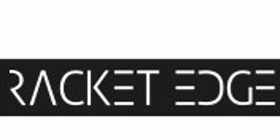Are you a good coach?
Are you a good coach? This is the question I asked the group of students to think about at the University of Hertfordshire, at my latest Guest lecture for David Turner and his final year sport studies students. Well, to be more specific I asked them to come up with an observation checklist that they could use to give David feedback on me to evaluate me on my effectiveness as a coach. Would they give me a job to work at the University as a guest lecturer next year?
After all, many of us will have to go for a job interview at some point and will probably have to do a practical session.
So while I was setting up the drills for the physical warm-up session I let them get in small groups and discuss their checklist. After I took them through the 20 minute practical I asked them to feedback on my coaching effectiveness. I really enjoyed getting the feedback. To be honest I am pretty self aware of my strengths and areas for development. But they did pick up on a few things that I can definitely improve on!!!!! Before I get to that I just want to pull out a few blogs from the archives on the topic of ‘communication’ in coaching. I believe that as coaches we should all strive to develop a philosophy that has a method but the successful implementation of that method will be significantly based on your ability to communicate your ideas to your athletes. The coaching process is something I discussed with the students. This blog will summarise my observation checklist.
Communication in coaching
Communication is a topic I’ve written several blogs on this already and I don’t have too much more to add here. If you’d like to read more the the links are below. As a summary, effective communication has an Outcome and Process.
The outcome of effective coaching is that athletes are ”Listening, Learning and having Fun!”
As far as the process goes, I break it down into four parts: creating the environment, setting the scene, observing performance and giving feedback.
Creating the Environment
Lessons we can learn from Sir Alex Ferguson: in this blog I focus on how to Create the Environment. It starts with Respect. For less experienced coaches who haven’t earnt that through past results as a coach or an ex-player you have to be consistent to gain respect– set rules for behaviour. Also think about your coaching style? Are you more directive or more interactive? Whatever your style is, you have to have a presence and grab attention. Being passionate goes a long way regardless of your style! But most importantly, be yourself!
Set the Scene
Also remember to set the scene well by explaining the purpose of the session and make it clear what you’re expecting in terms of behaviours and execution of the drill
When you set up drills remember that the best drills are:
- Fun – games based drills and positive praise
- Challenging– set the bar high as it ensures focus- let them know what world class look like!
- Competitive– keep score
Observing Performance
Communication: the secret ingredient to becoming a top coach:
In this post I look in a little bit more detail at observing performance and checking if the athletes are achieving the outcome. ”Are they doing what you’re expecting? So if you’ve done a good job of setting the scene and explained what you’re expecting, your first job is to observe that they are doing this. Then you can look at the processes to see whether they are focusing, and if they are focusing on the right things!
Giving Feedback
Most of my blogs talk about giving feedback in terms of the timing and type of feedback. In this post I talk more about constraints based instruction (feedback) and Discovery Learning.
Timing
Usually we give feedback during the drills to aid performance and correct errors. If they are doing well then you can cheer success and praise them for the great job they are doing. We may also then ask the athlete for feedback after the performance to find out more about how they think they performed, what they were focusing on, and how they can improve it next time.
Type
Set the ‘Challenge’ and the outcome you want. Then sit back and let the body self organise. This is known as Discovery Learning. We are not saying don’t coach. Clearly the athlete may search endlessly for a proper movement solution (and never get the ball in the hole). Athletes may learn poor movements and adopt bad habits. Instead, the coach or trainer can guide the athlete by providing purposeful intent (outcome), ideas about where to focus attention, and clues to key perceptual cues (process).
So How did I do?
It’s a really good reflective practice and I’d like to share with you what I learnt by asking for feedback. The students had lots of criteria for effective coaching based on ability to get knowledge across and linking it to practice (theory and practice). They wanted to see if the coach could help them learn something and they could see how it applies to their sport. They were looking for someone who is confident and in control. They also wanted to observe how well I accounted for different ability levels, as well as how positive I was during the tasks.
Interesting they didn’t really have any criteria for the human element- we talked about how if this really was a real job interview you have to take into account whether you think that person will fit in with the team. Do they seem passionate, positive and motivating. David Turner said that Clive Woodward talked about the 24 flight test, ”would you be able to survive sitting next to this person for 24 hours in a flight? Also think about someone’s coaching style. Does it compliment or add to your team dynamic?
What I did well:
=> I had a strong presence and they felt confident to follow me
=> I was clear in the objective, the expectations for behaviour and gave good demonstrations
=> I linked how each part of the warm-up and drill aids performance
=> I gave choices in some drills so people could work at slightly different levels of challenge
What I can do better:
=> I asked everyone to do the same drill in many cases and didn’t account for the fact some athletes will have found doing things like squats, lunges, press ups very advanced. Perhaps some athletes would need to do a regression
=> I forgot to give a few of the drills names. When I checked for learning at the end by asking them to describe back to me the things we did, it wasn’t a coincidence that they didn’t remember the ones I didn’t name!
=> During the drills I didn’t give much feedback or encourage.
It was great to get feedback. I don’t really work with mixed ability groups. Most of the athletes I coach are fairly competent and if they are a bit off the pace I can usually manage it because they stand out like a sore thumb and I can work with the odd one or two to help them while the others can get on with it. Or I have an assistant that can support the less able. So it made me think about how I might need to modify my ‘standard’ routines.
I was actually disappointed in myself about the lack of encouragement. I pride myself on doing this but for some reason I just observed performance with most of the activities and then praised them after for doing a good job. There was a bit of encouragement but no where near where I would normally set the bar for myself.
Where I am next presenting?
Tennis Fitness, Sport Science and Coaching Conference
Dates: 9th December 2017 09:00AM-12:00PM Location: Sheffield Hallam University Collegiate Crescent Campus, Sheffield , S102BP
Book your ticket HERE
Hope you have found this article useful. Remember,
- If you’re not subscribed yet, click here to get free email updates, so we can stay in touch.
- Share this post using the buttons on the top and bottom of the post. As one of this blog’s first readers, I’m not just hoping you’ll tell your friends about it. I’m counting on it.
- Leave a comment, telling me where you’re struggling and how I can help








Many thanks for sharing, I always learn something new from your posts.
http://www.waynelaw.com.au/preferred-strategy-to-order-case-study/
Not too long ago I’ve come across one article which I think you might find useful. Somebody may take a steaming dump all over it, however it answered some of my questions.
http://www.yourcircle.co/2016/11/custom-essay-service-from-professionals-506/
Many thanks for sharing with us, I always learn interesting things from your posts.
http://www.vaccinologie.ro/essay-ideas-5-thoughts-on-posting-an-effective/